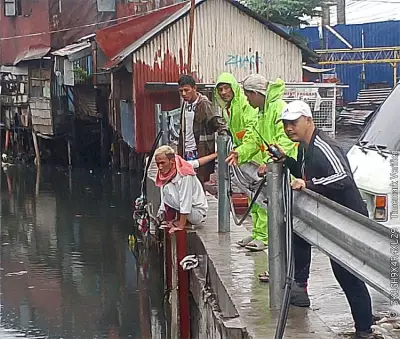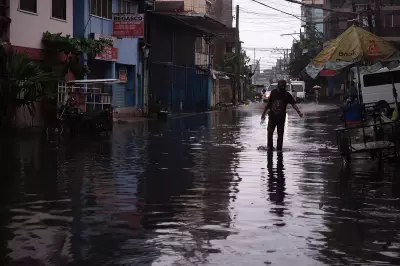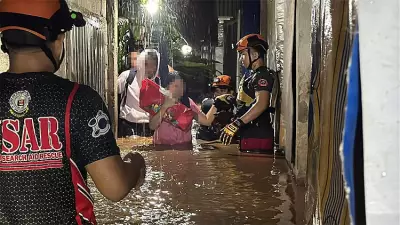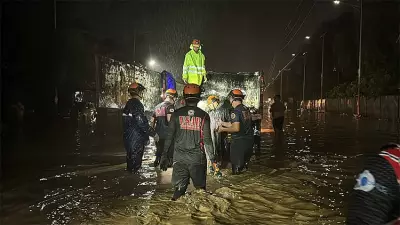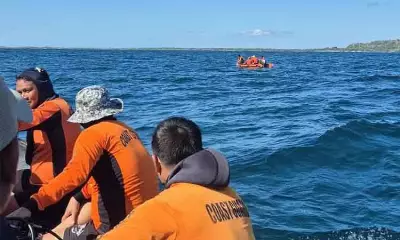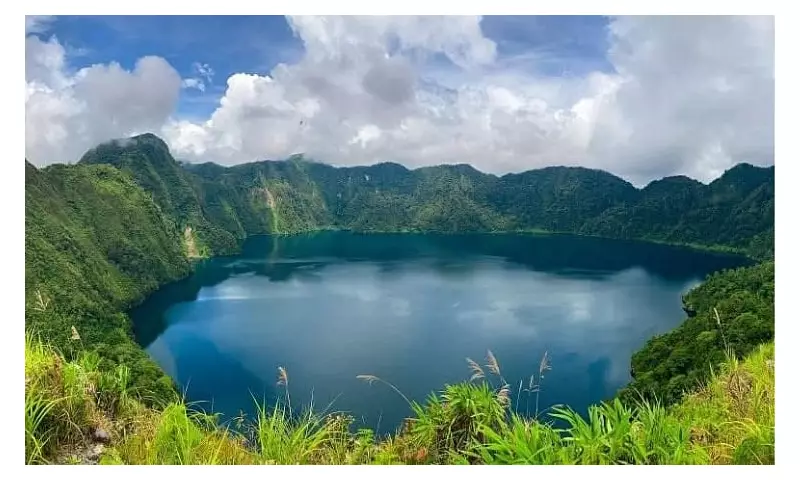
The Department of Environment and Natural Resources (DENR) has launched a formal investigation into an unauthorized aquathlon competition held at the protected Lake Holon in T'boli, South Cotabato, raising serious environmental concerns.
Environmental officials were caught by surprise when social media posts surfaced showing participants swimming and running in the ecologically sensitive area without proper permits. The event, which combined swimming and running components, took place in the pristine waters of the crater lake located within Mount Parker.
Protected Area Violations
Lake Holon forms part of a critical watershed area that supplies water to several municipalities in South Cotabato. The unauthorized sporting event has prompted concerns about potential ecological damage to the lake's delicate ecosystem.
"We are now conducting an investigation to determine the organizers and participants of this activity," stated Felix Alicer, DENR-South Cotabato chief. "No permit was issued for such an event in this protected area."
Community Impact and Regulations
The lake falls under the jurisdiction of the T'boli municipal government and is managed by the T'boli-Manobo S'ta Lambusong Ancestral Domain. Local regulations require visitors to register and pay environmental fees, with activities strictly monitored to preserve the area's natural state.
Authorities emphasize that Lake Holon's protection is paramount, given its status as both a tourist attraction and vital water source. The investigation aims to identify all parties involved in organizing and participating in the prohibited competition.
Environmental Consequences
Environmentalists express concern that such unregulated events could introduce pollutants, disturb wildlife, and damage the lake's unique ecosystem. The incident highlights ongoing challenges in balancing tourism with conservation in the Philippines' protected natural areas.
The DENR has reiterated that strict protocols exist for a reason and that violations will be dealt with according to environmental laws and regulations.

